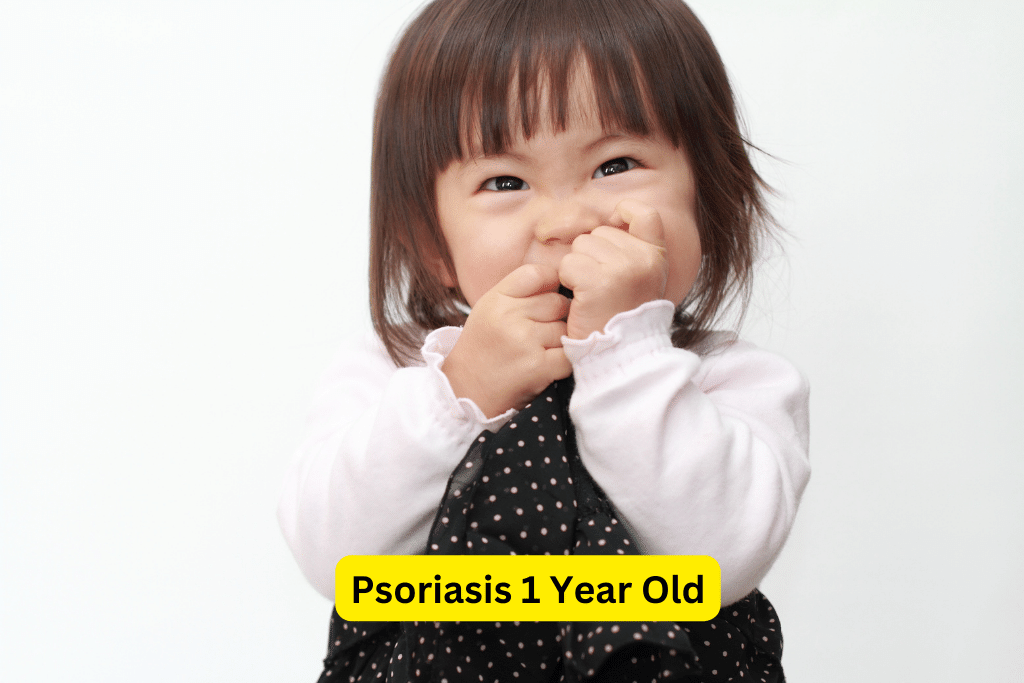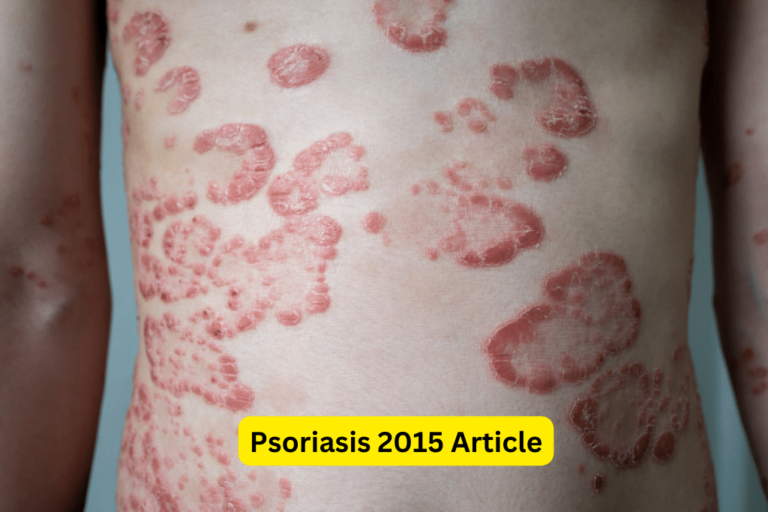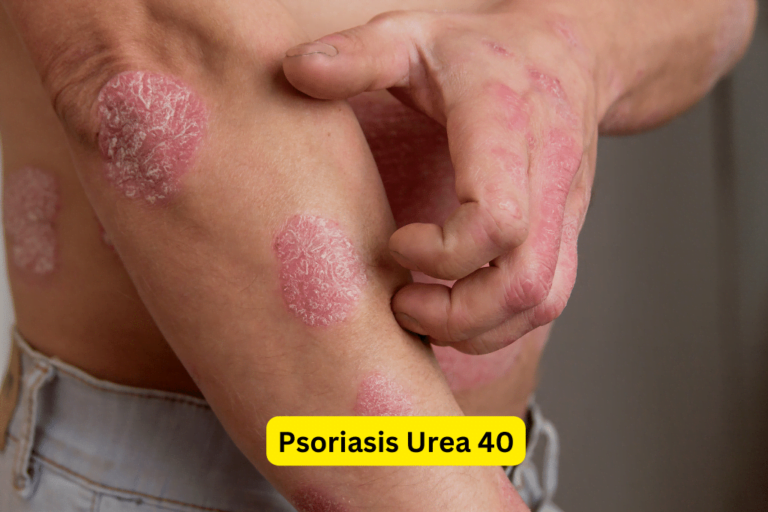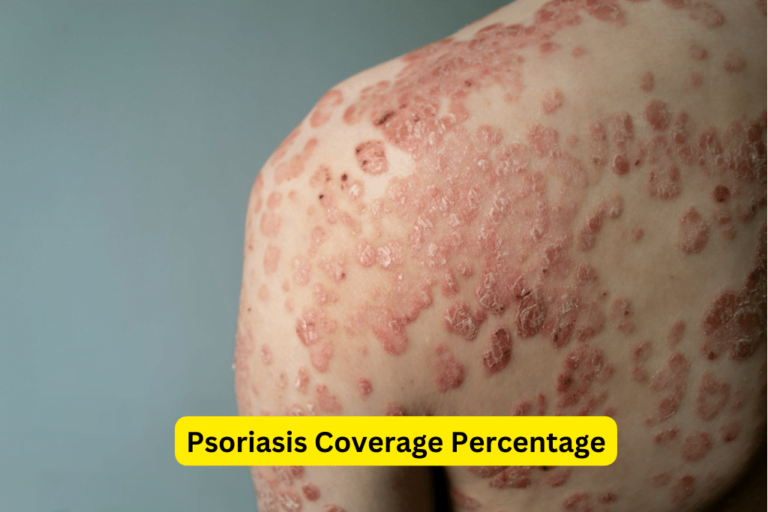Managing Psoriasis in One-Year-Olds: A Comprehensive Guide
Psoriasis 1 Year Old
Psoriasis is a chronic skin condition characterized by red, inflamed patches of skin covered with silvery scales. While psoriasis is relatively common in adults, it is rare in infants and young children. However, when psoriasis does occur in this age group, it can have a significant impact on the child’s health and well-being. In this article, we will explore the causes, symptoms, and treatment options for psoriasis in one-year-olds. By understanding this condition, parents and caregivers can better manage their child’s psoriasis and provide them with the necessary support.
1. Understanding Psoriasis
Psoriasis is a chronic autoimmune disease that affects the skin cells’ life cycle. Skin cells normally grow deep within the skin and gradually rise to the surface, where they are shed. However, in individuals with psoriasis, this process accelerates, causing the cells to build up rapidly on the surface of the skin, leading to the characteristic red, scaly patches.
There are several types of psoriasis, including plaque psoriasis, guttate psoriasis, pustular psoriasis, inverse psoriasis, and erythrodermic psoriasis. Each type has its own unique characteristics and manifestations. While the exact cause of psoriasis is unknown, it is believed to involve a combination of genetic and environmental factors.
Psoriasis is rarely seen in infants and young children. This is thought to be due to the immaturity of their immune systems, which makes it less susceptible to autoimmune diseases like psoriasis. However, in rare cases, psoriasis can develop in infants, and understanding the causes and risk factors is crucial for proper management.
2. Psoriasis in 1-Year-Old: Causes and Risk Factors
The exact cause of psoriasis in infants is unknown, but several factors may contribute to its development. One of the primary risk factors is a family history of psoriasis, as certain genetic factors may predispose a child to develop the condition. Additionally, an abnormal immune system response may play a role in triggering psoriasis.
Psoriasis flare-ups in infants can be provoked by various triggers, such as infections, injuries to the skin, certain medications, and even emotional stress. Environmental factors, such as dry climate or exposure to cold weather, may also contribute to the development of psoriasis in young children.
3. Identifying Symptoms of Psoriasis in a 1-Year-Old
Recognizing the symptoms of psoriasis in infants and young children is crucial for early detection and proper treatment. Some common symptoms in this age group include red and inflamed patches on the skin, often accompanied by silvery scales. These patches may appear mainly on the scalp or in the diaper area.
Infants with psoriasis may also experience itching and discomfort, leading to irritability and difficulty sleeping. In some cases, psoriasis can affect other parts of the body, such as the nails, joints, or mouth. It is important to consult a pediatric dermatologist for an accurate diagnosis and appropriate treatment.
4. Diagnosing Psoriasis in a 1-Year-Old
Diagnosing psoriasis in infants can be challenging, as the symptoms can overlap with other skin conditions. However, a pediatric dermatologist is trained to identify the characteristic signs of psoriasis and differentiate it from other skin conditions.
The diagnosis of psoriasis in a one-year-old typically involves a visual examination of the skin and a review of the child’s medical history. In some cases, a small skin biopsy may be performed to confirm the diagnosis. Additional tests or procedures may be recommended to rule out other possible causes of the symptoms.
5. Treatment Options for Psoriasis in a 1-Year-Old
The treatment of psoriasis in infants usually involves a combination of topical treatments and lifestyle modifications. Topical corticosteroids, such as hydrocortisone, are often prescribed to reduce inflammation and relieve symptoms. It is crucial to follow the pediatric dermatologist’s instructions and use these medications carefully.
In addition to topical treatments, maintaining a gentle skincare routine and keeping the skin moisturized can help manage psoriasis in infants. In some cases, phototherapy, which involves exposing the skin to ultraviolet light, may be recommended. For severe cases, oral or systemic medications, such as methotrexate or cyclosporine, may be prescribed.
6. Managing Psoriasis in a 1-Year-Old
While there is no cure for psoriasis, it is possible to manage the condition effectively in infants and young children. Lifestyle adjustments, such as avoiding triggers and maintaining a healthy diet, can help minimize flare-ups and discomfort. Regular monitoring and check-ups with healthcare professionals are essential to track the child’s progress and adjust treatment if needed.
Psoriasis can have a psychological impact on both the child and their family. It is important to provide emotional support and reassurance to the child, making them feel loved and accepted. Support groups and resources are available for parents and caregivers to connect with others facing similar challenges.
7. Tips for Parents Dealing with Psoriasis in a 1-Year-Old
Parents and caregivers play a crucial role in managing their child’s psoriasis. Creating a safe and comfortable environment for the child, free from potential triggers, is essential. Communication with healthcare providers is key to staying informed about the latest treatment options and seeking appropriate care.
Educating family members and caregivers about psoriasis can help create a supportive network for the child and reduce any misconceptions or stigma associated with the condition. Encouraging a positive and loving outlook towards the child’s psoriasis can bolster their self-esteem and overall well-being.
8. Future Outlook for Psoriasis in a 1-Year-Old
While managing psoriasis in infants can be challenging, ongoing research and advances in treatment options provide hope for improved outcomes. Organizations dedicated to psoriasis research and support continue to raise awareness and promote understanding of the condition.
With early detection, proper diagnosis, and comprehensive treatment, children with psoriasis can lead fulfilling lives. It is important for parents to remain informed and seek appropriate care for their child, ensuring they receive the support and treatment they need.
Conclusion
Psoriasis in one-year-olds is a rare condition that can significantly impact a child’s health and well-being. Understanding the causes, symptoms, and treatment options is essential for managing the condition effectively. By staying informed, seeking appropriate care, and providing a supportive environment, parents and caregivers can help their child thrive and ensure they have the best possible quality of life.
"Have You Seen Mike Walden's new holistic acne System yet? It's called "Acne No More" I've read the whole thing (all 223 pages) and there's some great information in there about how to naturally and permanently eliminate your acne without drugs, creams or any kind of gimmicks. I highly recommend it - it's very honest and straightforward without all the hype and b.s. you see all over the net these days. Here's the website where you can get more information:
Click Here -->AcneNoMore









